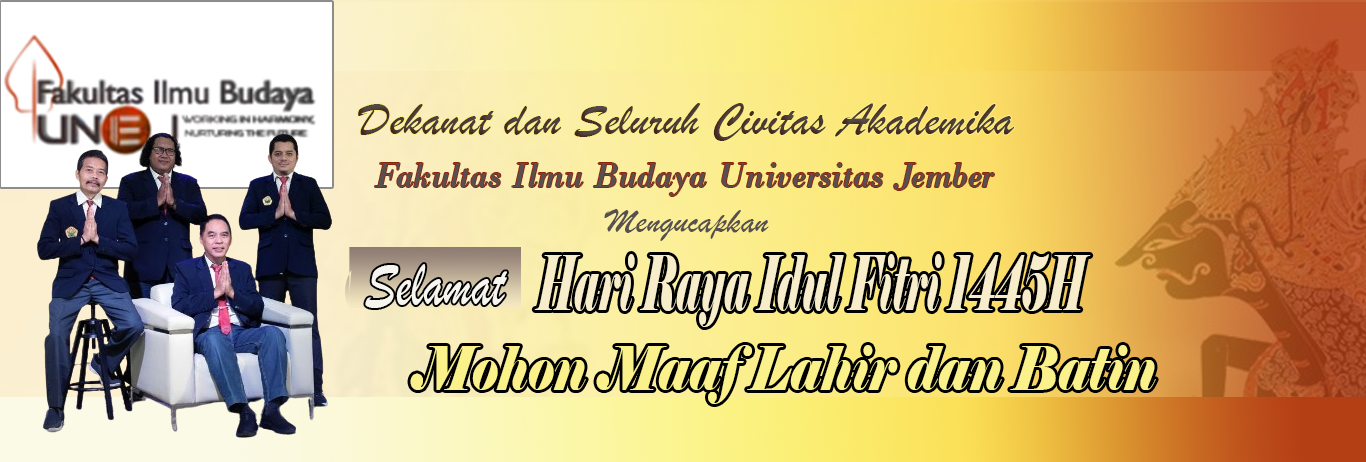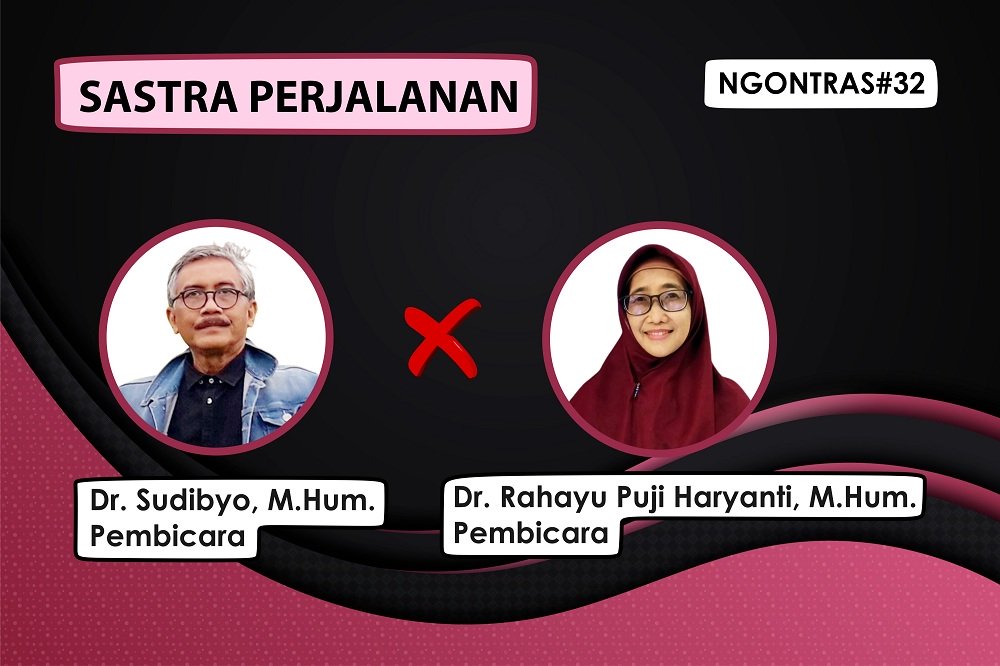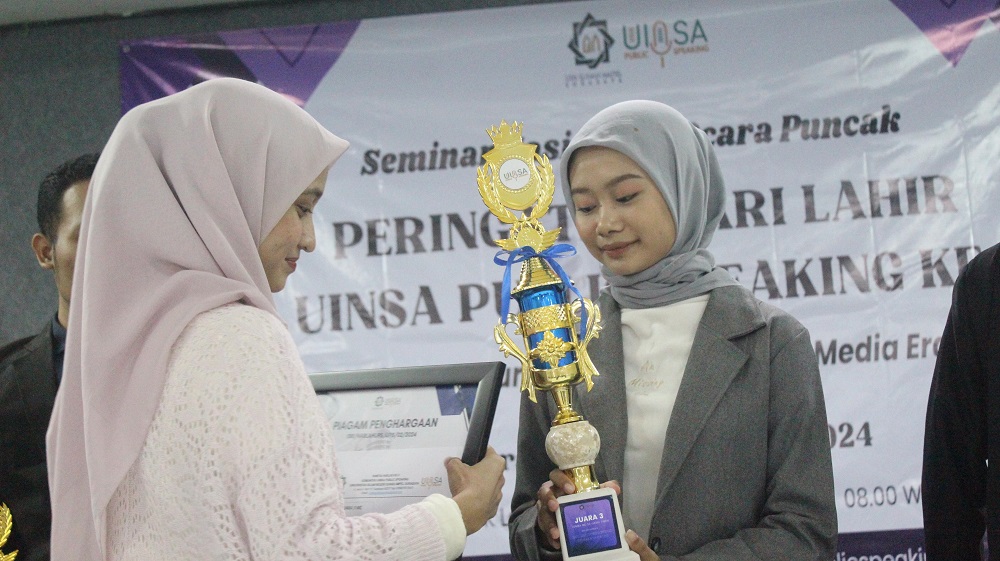SUMMARY
Rhetoric in Marriage Customs of Madurese in Mengok Pujer Bondowoso; Abdul Ghafur, 090110201009; 2015:58 pages;Department of Indonesian Literature University of Jember
Rhetoric in the customs of Madurese in Mengok is a unique fact that requires scientific study. Researchers conducts this research to determine how the form and purpose of the rhetoric used by the people in Mengok. Rhetoric is a seductive techniques in persuasion to produce inducement through the character of the speaker, emotional or argument. Generally Rhetoric is the art of manipulating or political persuasion techniques transactional using an emblem to identify the speaker with the listener through speech.
This study uses three research stages, namely: 1) phase of the provision of data, 2) the data analysis stage, and 3) the stage of presentation of the data analysis results. The method used in the stage of data provision, listening and speaking methods. Listening method used to obtain data in the form of recording and writing. Speaking methods used to obtain the factors that affect the community in the use of rhetoric. The second stage is the stage of data analysis. Analysis of the data used to analyze the data, performed by classifying sentences of speaker then continued by describing the meaning and usage. The last stage in this research is a stage presentation of the data analysis. Method of presenting the results of data analysis, there are two, namely formal and informal methods.
Marriages customary are used by Madurese in Mengok consists of five stages, namely, stage nylabhâr, mintah, tompengan, Maen toah, and noro patoh. The use of rhetoric is only found on stage of nylabhâr and mintah. On nylabhâr stage speakers uses the word “bu-obu’enah” [bu ͻbu? Әna] ‘to care’ and ‘èssèna korongngah “[ɛssɛna kͻrͻŋŋah] “cage content” confinement ‘, to replace the word “child” of opponents. Speakers also use the word “nyongngo’ah” [ñͻŋŋͻ? A] ‘look’ to replace the word introduce or get acquainted with her. “Èssèna korongngah” [ɛssɛna kͻrͻŋŋah] “cage content” of girls who are still virgins. Speakers use the word ‘issued and released’ for the express purpose of his arrival at once asked permission to bring home prospective in-laws when it approved and suitability in the family deliberations. Speakers use the word “menyettongngah” [mәñɛttͻŋŋah] ‘united’ with the intention expressed a desire to be one family , At this stage of “mintah” speakers use the word “pasrah” [pasrah] ‘surrender’ in conveying intent on opponents. speakers use the phrase “èkapotra’ah” [ɛkapͻtra? ah] ‘to the child’ to convey the intent that became law. Speakers used the word “nginep” [ŋinәp] ‘to stay’ to convey the intent to return to a new home. Speakers used the word “ajhâlân” [ajhâlân] ‘to walk’ with a view out together with the aim to introduce to the public.

 Bahasa Indonesia
Bahasa Indonesia


